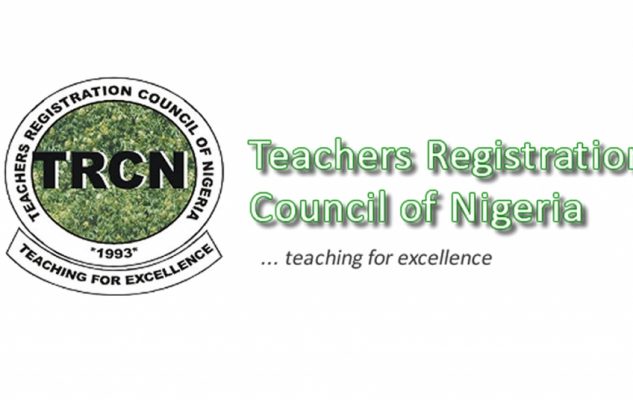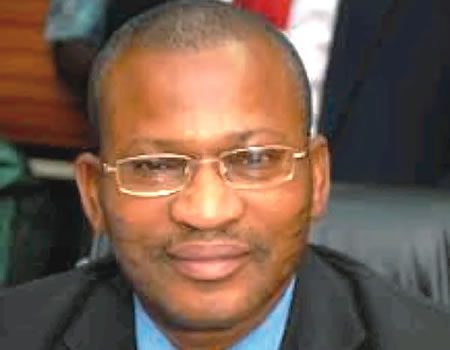TRCN threatens ‘naming and shaming’ to reveal incompetent teachers


According to Josiah Ajiboye, registrar of the Teachers Registration body of Nigeria (TRCN), the body will soon launch a ‘naming and shaming’ campaign to identify unqualified teachers functioning in schools across the country.
Ajiboye noted that the council has been tackling the issue of unqualified teachers in both public and private schools, and that the efforts have yielded beneficial results.
“A large percentage of teachers in public schools, about 80 percent are qualified but the same cannot be said of private schools where we have less than 50 percent of qualified teachers.
“We’re resuming the monitoring of schools across the country very soon with what we call ‘naming and shaming’ of private schools,” he said.
“We are making a lot of drive working with the National Association of Proprietors of Private Schools (NAPPS) to make sure that the teachers they employ are qualified.
The idea of recruiting secondary school leavers as teachers is what is affecting the quality of education,” he added.
The TRCN’s chief executive officer stated that it was not appropriate to judge instructors’ quality solely through a one-time examination such as the UTME. He explained that it was unusual for private schools to collect money from parents without providing adequate services.
“You cannot be collecting heavy money from parents and not be using the right calibre of teachers,” he noted.
However, he reminded parents to always check the TRCN website to verify the status of teachers in the school where their children are enrolled, as teacher profiles have become a requirement for school registration with the Corporate Affairs Commission.
Kingsley Moghalu, president of the Institute for Governance and Economic Transformation, emphasised that Nigeria’s education system must prioritise skill development.
“Education must go beyond the routine memorization of facts to helping learners acquire various forms of skills that make them form a formidable human capital for the nation’s development.
“Educated citizens must be skilled to be able to create individual livelihoods, community wealth, and national value chains and thus effectively contribute to the economic transformation and global competitiveness of the nation, especially in light of the 4th Industrial Revolution,” he said.
Based on information from the World Bank and UNESCO, Moghalu estimated that approximately 20% of teachers in Nigerian public basic education institutions lack the required qualifications.
Stanley Boroh, a lecturer at Federal University in Otuoke, blamed the decline in teaching quality on low pay, which has made the profession unattractive to qualified persons.
“There is erosion in the quality of education because we have unqualified persons in the profession, and this can be attributed to several factors; poor remuneration of teachers, as such, people that are qualified lose interest,” he said.
Boroh insisted that the government train and retrain teachers and create an enabling environment for them to work.
Similarly, Educationist Boye Ogundele stated that the main issue with Nigerian education standards was low pay and a lack of proper welfare for teachers.
“Don’t let us fool ourselves; the major problem presently is poor remuneration and lack of good welfare for teachers from the government,” he said.









